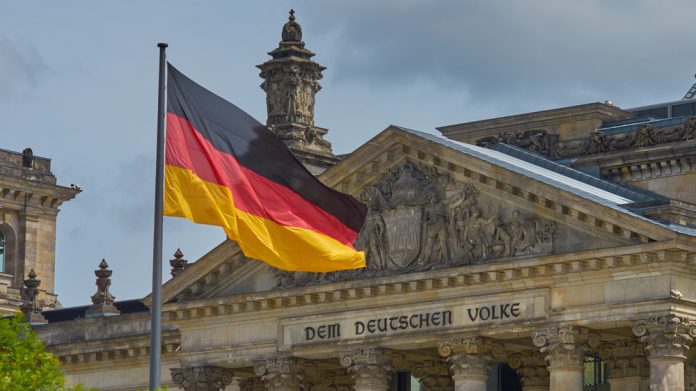The European Gaming and Betting Association has called on Germany to follow the lead of various European jurisdictions, asserting that it’s in everyone’s interests that the nation gets its house in order.
The trade association is calling on policymakers to simplify the country’s complicated framework for online gambling, including the introduction of a law that ensures high channelling rates, long term regulatory stability and a fully functioning market.
“Germany is one of the very few remaining European countries which has no properly functioning online gambling market yet, and the new State Treaty must fix this,” Maarten Haijer, secretary general of the EGBA, wrote in the latest edition of Gaming in Germany‘s newsletter.
“That is why EGBA fully supports the government’s efforts to establish a new gambling policy and we welcome progress towards developing a functional and effective online gambling regulation.
“However, with less than 50 per cent of the country’s online gambling activity currently taking place on offshore websites, re-regulation will not be an easy task.”
Highlighting a 2017 Düsseldorf Institute for Competition Economics calculation that the country has a channelling rate of just 1.8 per cent, the group asserts that “this makes the priority for the new policy clear”.
Contrasting to 95 per cent and 90 per cent rates in the UK and Denmark, a new policy “can only be effective” if it ensures that gambling websites licensed in the country are more attractive than those outside it. This sufficient choice in the market needs to be met in the three core areas of brands, products and bet offerings.
Calling policies currently on the table as “highly questionable,” Haijer states that the combined effects of the proposed restrictions on player accounts (deposit and time restrictions), products (a ban on online casino not being fully lifted) and bet types (a ban on live betting), jeopardises the task of achieving a high channelling rate and sets the scene for continued political and legal challenges.
“The biggest threat to the success of the new policy remains the piecemeal approach towards the regulation of online casino,” Haijer continued. “The decision to leave this to the Lander will not only create mini-casino markets, with varying degrees of channelling, but it will also lead to gambling regulations which are inconsistent.
“This has also been the opinion of the European Commission who previously questioned whether the cumulative effects of the limits and restrictions to Germany’s betting program would enable a sufficiently attractive product range to achieve a high channelling rate.
“We have had proper regulation of online gambling in Europe for well over 10 years now and it is time Germany got its house in order as well. It is in everyone’s interest to introduce a law which ensures high channelling rates, long term regulatory stability and a fully functioning market.”












